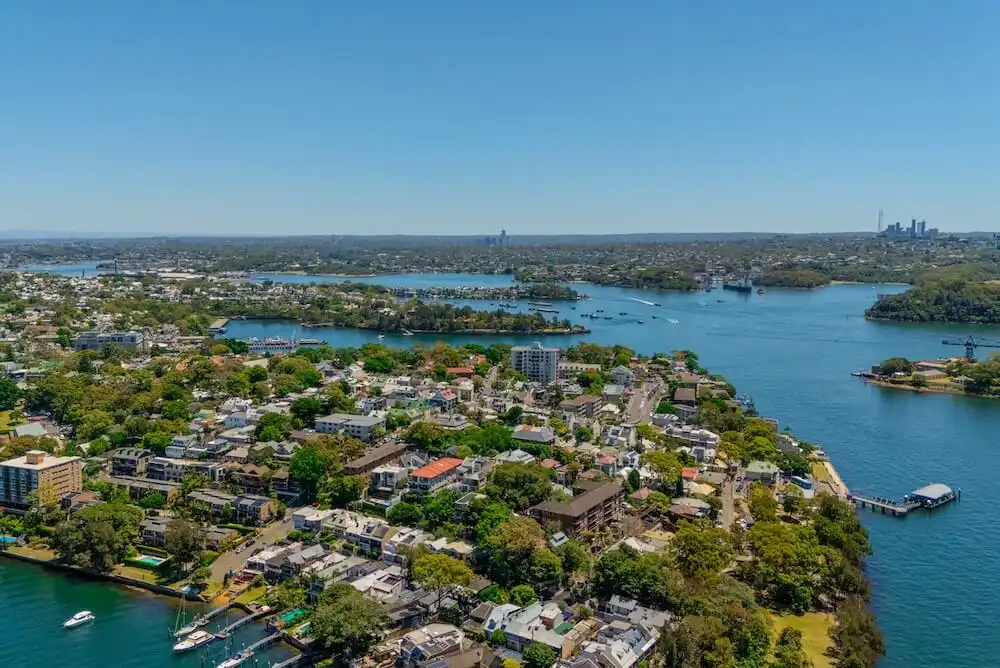Is the real estate market shaping-up for a strong rebound?
When Covid first hit, economists were predicting that home values could fall by 20-35 per cent. But now, many of these same forecasters have revised their predictions to around 6-10 per cent, and that’s only for certain markets.
While the country is technically in a recession, there’s no denying that Australia has fared well compared to many other developed nations across the globe. As a result of containing the virus, and ongoing government stimulus, price drops have been mild, and real estate markets have shown a surprising resilience right across the country.
Now economists believe that values will rebound strongly in 2021.
Why have economists revised their price fall predictions?
When Covid first hit, and when economists first started making these predictions, unemployment was plummeting and government stimulus hadn’t been rolled-out in full.
At the same time, social distancing was a new concept to the Australian public, and lockdowns were affecting the way that the real estate industry could operate.
All of these things resulted in consumer sentiment tanking, which meant that would-be buyers and sellers were reluctant to enter the market.
As Tim Lawless from CoreLogic has longstated, price drops are inherently linked to how well the virus can be contained, and we’ve proven in Australia that we have the ability to flatten the curve.
In addition:
Interest rates are at historic lows which makes it easier for homeowners to keep up with mortgage repayments
Stimulus from the government has enabled Australians to keep their jobs, or be on jobkeeper
Mortgage repayments have been deferred for at least six months, and now banks are showing ongoing leniency to mortgagees affected by Covid-19
All of these factors combined have meant that the expected and dreaded economic nosedive did not happen, and consumer confidence has now made a remarkable turnaround. What can be seen is that strong buyer demand has rapidly absorbed new listings on the market.
Some parts of Australia are really taking off
The last CoreLogic Home Value Index for September showed that consumer confidence is well on the rebound, with a rise in listings and growth in home values in six out of eight capital cities across Australia. In addition, regional areas continued to outperform capitals.
And the latest House Price Report from Domain released last week shows that prices are gaining momentum in many parts of the country.
The quick positive stats for the September quarter are as follows:
Sydney house prices rebounded, up +1.2 per cent, gaining $13,000 of the $22,000 lost over the June quarter
Despite Covid-19 outbreaks, Melbourne house and unit prices have remained resilient. House prices held steady and unit prices fell a mild -0.1 per cent.
Brisbane house prices increased +0.4 per cent and unit prices rose +1.7 per cent
Adelaide property prices are at record highs, with house prices up +2.8 per cent, and unit prices up +4.4 per cent.
Perth house and unit prices both rose, up +0.5 per cent and +0.7 per cent respectively.
Hobart house prices were up +6.9 per cent
Canberra house prices are up +3.5 per cent
Darwin house prices rose +6.6 per cent, and units rose +4.5 per cent
What are the experts expecting for the year ahead?
According to industry pundits, there are a few factors pointing to a rebound in 2021.
One is easier access to credit. From March next year, significant reforms to responsible lending obligations are set to be implemented. This will give Australians a higher level of borrowing capacity and the ability to access credit more easily.
On these overhauls and their effects on the property market, Eliza Owen, Head of Australian Research from CoreLogic says, “generally we would expect that easier access to credit creates more competition, which is likely to have an inflationary impact on dwelling values.”
“Between the potential for a further cash rate reduction, and federal government announcements to relax lending policies, we would expect to see added demand, which would have an upside impact on dwelling markets either late this year, or early next year,” she said.
CBA have also noted that as the economy gains traction in the second half of 2021, they would expect prices to rebound strongly.
Can we expect the same outlook for ALL properties and markets?
Quite simply, no. Certain markets will continue to come under strain.
While high-level industry forecasts and indices give you a great shot of what’s happening nationally, and at a state level, it’s important to remember that real estate markets will vary from postcode to postcode, and we are undoubtedly seeing this play out right now, where some suburbs are gaining traction, and others continue on a steady decline.
You might even see a notable difference in price from street to street, and from one property to another, because there is no ONE single property market. There are actually markets within markets.
Property investment expert Michael Yardney explains this best.
He says that if you split the property market into three categories, of A, B and C-Grade properties, it’s the A-Grade properties that will only fall about five per cent in total. These are investment grade properties.
B-Grade will fall 5-10 per cent, and C-Grade are the types of properties that right now will drop in value further, or not move at all in the current market. He described C-Grade properties as off-the-plan and inner-city apartments.
From our point of view, an A-grade property is one that is well-maintained, well-presented and in high demand. The more scarce the property, the more expensive it is. It’s not just about property type, but location as well.
For example, while Mr Yardney describes inner-city and off-the-plan apartments as C-Grade in the current market, but a house in one of these suburbs, and particularly a character home, is likely to fetch a high price, because there's not many of them going around.
If you're wondering what your property might be worth, we encourage you to research and explore your local market and speak to local real estate agents. You can even start by getting an estimate of the value of your home in today’s market.








